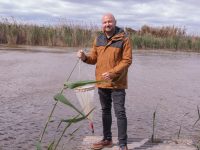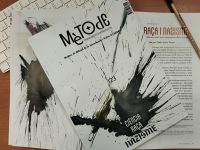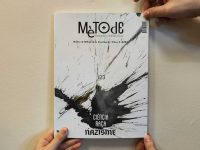Rhetoric has always been linked to markets or forums, to social interaction, to the verbal weapons of debate and the activation of emotions and the manipulation of others. Its history is therefore impure, since it cannot be removed from historic and social context or from the interests of the parties.
Science, on the other hand – especially Science with a capital letter – aspires to the purity of objective and aseptic knowledge, conveyed with transparent language. It could even rise as a proud Babel over the dispute, become a sort of successor to religion as dispenser of security.
But current philosophy of science is more realistic and claims for historical contextualisation. The language of science, largely blinded by logic formalisation, discovers, among other pragmatic realities, the power of metaphor or the value of conceptual inaccuracy as tools for epistemological discoveries. Scientific discourse thus enters the impure context of all social activity. And the two perspectives meet: two paths to knowledge and action examining each other closely.
In this framework, it makes sense to consider the language chosen for the international communication of knowledge, the resources scientists use in their discourse to argue or persuade, or the role of paradoxes – between rhetoric and mathematics – as an incentive for creativity. Thus, the polysemy of some genetic terms conditions the way we conceptualise the complex relationship between biology and culture. The management of epidemics such as Ebola also involves a number of rhetorical options that can substantially modify the course of the crisis. Regarding science fiction, it influences the social perception of scientists, following their portrayal in films such as zombie narratives, which are so fashionable at the moment.





